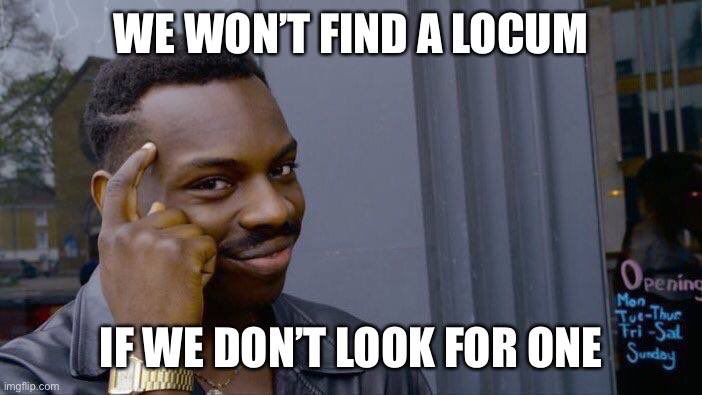
There appears to be some further misinformation circulating regarding “pharmacist shortages”. This “Locum Rates Study” was prepared for Employers by Locate a Locum.
workforce.locatealocum.com/hubfs/Pharmacy…
#pharmacy
1/
workforce.locatealocum.com/hubfs/Pharmacy…
#pharmacy
1/
The document states:
“Another notable change in the pharmacist market is the movement of community pharmacists to Primary Care Networks. In May 2022, Pulse reported that 16,780 *pharmacists* had been hired with support from the Additional Roles Reimbursement Scheme (ARRS).”
2/
“Another notable change in the pharmacist market is the movement of community pharmacists to Primary Care Networks. In May 2022, Pulse reported that 16,780 *pharmacists* had been hired with support from the Additional Roles Reimbursement Scheme (ARRS).”
2/
This appears to be based on this Pulse article, which in fact reads:
“According to NHS Digital figures – which are based on data submitted by 84% of PCNs – 16,780 **staff** have been hired into ARRS roles and are working in general practice.”
pulsetoday.co.uk/news/pulse-pcn…
3/
“According to NHS Digital figures – which are based on data submitted by 84% of PCNs – 16,780 **staff** have been hired into ARRS roles and are working in general practice.”
pulsetoday.co.uk/news/pulse-pcn…
3/
I’m sure all those with integrity will be clamouring to correct the record after presenting inaccurate information.
5/
5/
Excerpt from the document. If setting rates based on information in the document “can help you save money”, it sounds like it’s designed to achieve lower rates. Any competition law experts care to comment?
6/
6/

It’s a document providing an “analysis” and figures on locum pay rates. I understand that the NPA sent this out.
The NPA is a business partner to Locate a Locum.
npa.co.uk/businesspartne…
7/
The NPA is a business partner to Locate a Locum.
npa.co.uk/businesspartne…
7/
• • •
Missing some Tweet in this thread? You can try to
force a refresh













